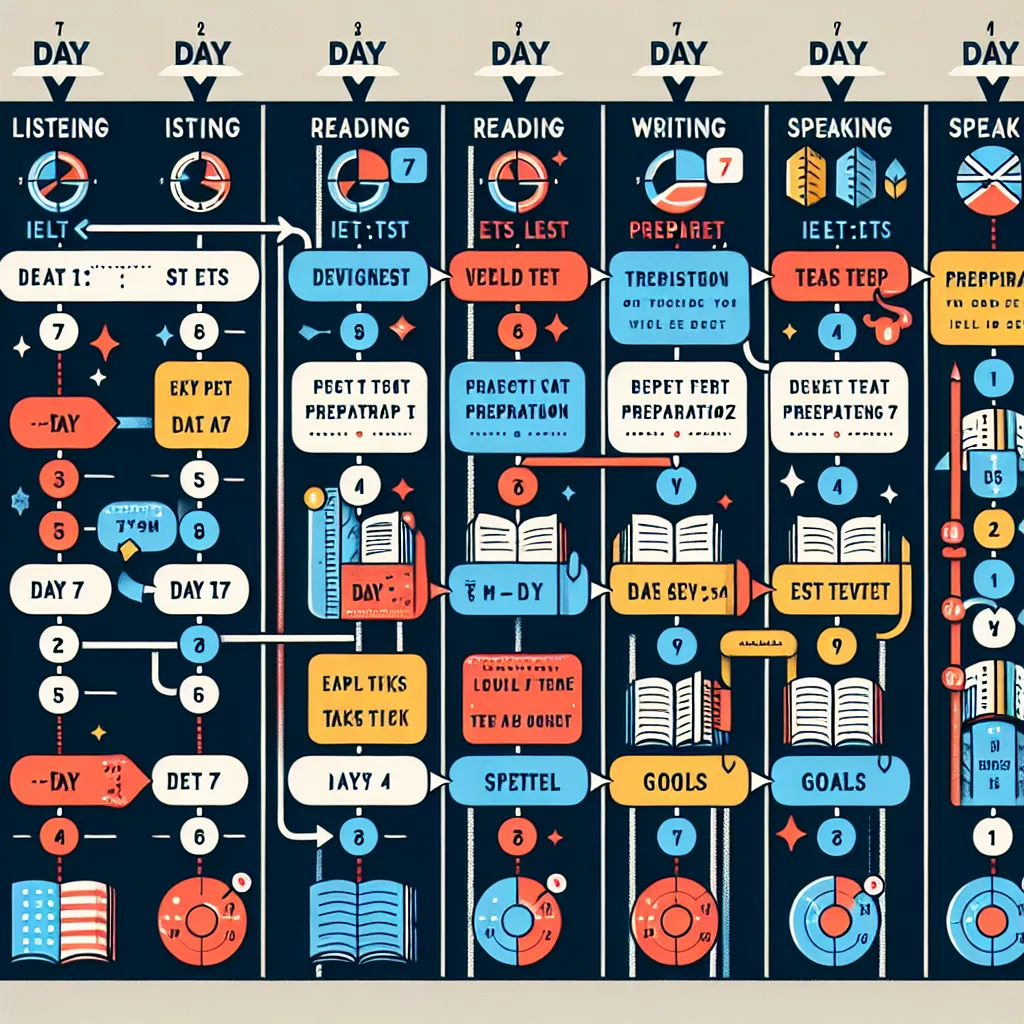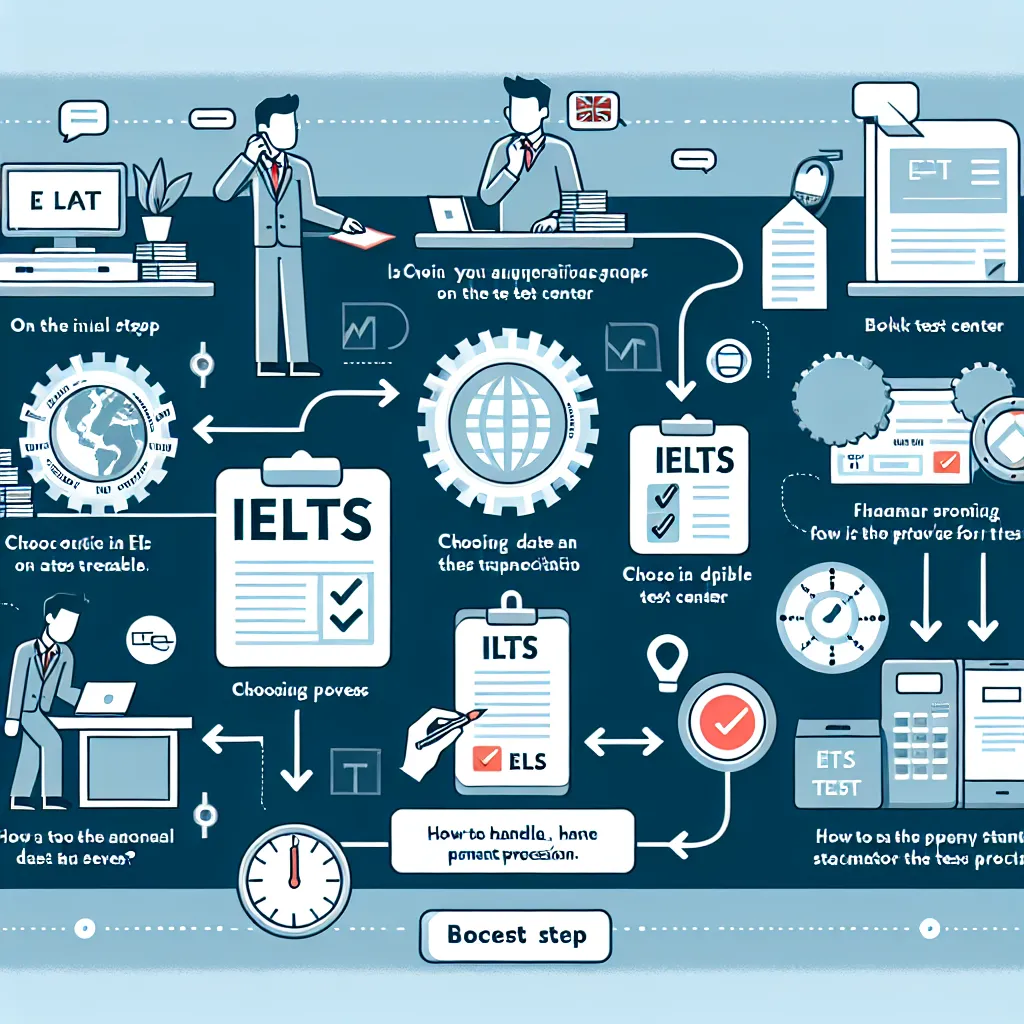Preparing for the IELTS exam can be a challenging task, and one of the most common questions students ask is, “How Many Hours Should I Study For IELTS Each Day?” The answer to this question isn’t one-size-fits-all, but with proper planning and dedication, you can create an effective study schedule that works for you. In this comprehensive guide, we’ll explore the factors that influence study time and provide practical advice on how to maximize your IELTS preparation.
Understanding the Importance of Daily IELTS Study
Before diving into the specifics of study hours, it’s crucial to understand why consistent daily study is essential for IELTS success. The IELTS exam tests your English language proficiency in four key areas: Listening, Reading, Writing, and Speaking. Each of these skills requires regular practice to improve and maintain.
Benefits of Daily IELTS Practice
- Consistency builds habit: Studying every day helps create a routine, making it easier to stay committed to your goals.
- Gradual improvement: Regular practice allows for steady progress across all IELTS skills.
- Better retention: Daily exposure to English helps reinforce learning and improve long-term memory.
- Reduced exam anxiety: Familiarity with the exam format and question types can boost confidence on test day.
 IELTS Study Benefits
IELTS Study Benefits
Determining Your Ideal Study Hours
The number of hours you should study for IELTS each day depends on several factors:
1. Current English Proficiency Level
Your starting point will significantly influence how much time you need to dedicate to IELTS preparation:
- Beginner to Intermediate: 3-4 hours per day
- Upper Intermediate: 2-3 hours per day
- Advanced: 1-2 hours per day
2. Target IELTS Score
Higher score goals may require more intensive study:
- Band 6.0-6.5: 2-3 hours per day
- Band 7.0-7.5: 3-4 hours per day
- Band 8.0+: 4+ hours per day
3. Time Available Until Test Date
The amount of time you have before your exam will affect your daily study commitment:
- 6+ months: 1-2 hours per day
- 3-6 months: 2-3 hours per day
- 1-3 months: 3-4 hours per day
- Less than 1 month: 4-5 hours per day
4. Personal Commitments
Consider your work, school, or family obligations when planning your study schedule. It’s essential to find a balance that allows for consistent study without burnout.
Creating an Effective IELTS Study Plan
Once you’ve determined how many hours you can dedicate to IELTS preparation each day, it’s time to create a structured study plan. Here’s a sample schedule for a 3-hour daily study session:
-
Listening Practice (45 minutes)
- Complete one full IELTS listening test
- Review answers and analyze mistakes
-
Reading Practice (45 minutes)
- Work on one IELTS reading passage
- Practice skimming and scanning techniques
-
Writing Practice (45 minutes)
- Alternate between Task 1 and Task 2 essays
- Focus on planning, writing, and self-editing
-
Speaking Practice (30 minutes)
- Record yourself answering IELTS speaking questions
- Practice with a language exchange partner or tutor
-
Vocabulary and Grammar Review (15 minutes)
- Learn new words and phrases related to common IELTS topics
- Review challenging grammar points
Tips for Maximizing Your IELTS Study Time
1. Quality Over Quantity
It’s not just about the number of hours you study, but how effectively you use that time. Focus on active learning techniques and challenging yourself with realistic IELTS-style questions.
2. Use Varied Resources
Incorporate a mix of official IELTS materials, online resources, and authentic English content to keep your studies engaging and comprehensive.
3. Take Regular Breaks
Follow the Pomodoro Technique: study for 25 minutes, then take a 5-minute break. This helps maintain focus and prevents mental fatigue.
4. Track Your Progress
Regularly assess your skills with practice tests and keep a log of your scores to identify areas for improvement.
5. Immerse Yourself in English
Beyond dedicated study time, surround yourself with English through podcasts, news articles, and TV shows to improve your overall language skills.
 IELTS Study Tips
IELTS Study Tips
Common Mistakes to Avoid
- Overloading yourself with too many study hours, leading to burnout
- Neglecting certain skills in favor of others
- Relying solely on passive learning methods like watching videos without active practice
- Not allowing enough time for rest and relaxation, which are crucial for effective learning
Next Steps in Your IELTS Journey
Now that you have a better understanding of how many hours to study for IELTS each day, it’s time to put your plan into action:
- Assess your current English level with a practice IELTS test.
- Set realistic goals for your IELTS score and timeline.
- Create a detailed study schedule based on the guidelines provided.
- Gather high-quality IELTS preparation materials.
- Start your daily study routine and track your progress regularly.
- Adjust your study plan as needed based on your improvement and any challenges you encounter.
Remember, consistency is key in IELTS preparation. Whether you’re studying for one hour or five hours a day, make sure to maintain a regular schedule and stay committed to your goals. With dedication and the right approach, you’ll be well on your way to achieving your desired IELTS score.
Are you ready to start your IELTS preparation journey? Share your study plans and goals in the comments below, and don’t forget to check out our other IELTS preparation articles for more expert advice and strategies.




